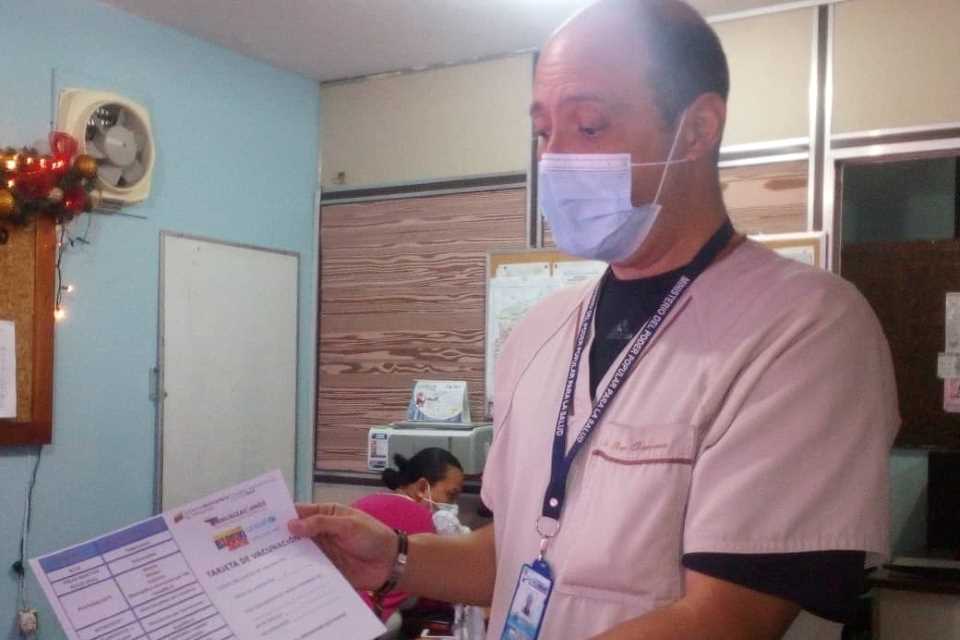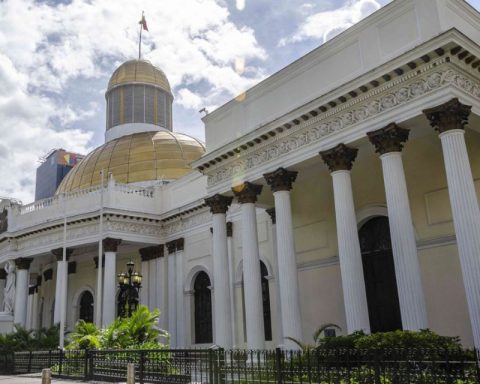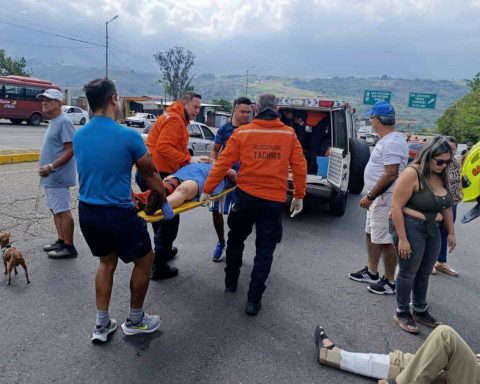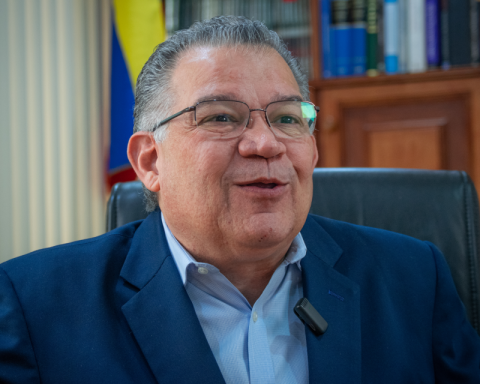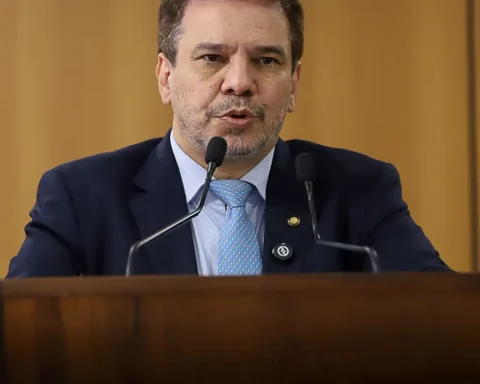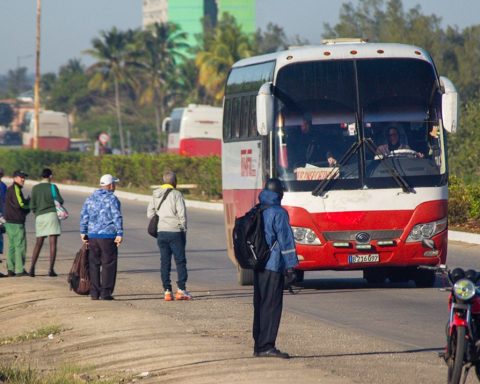Reggie Barrera, head of the Health Corporation’s Epidemiology Division, specified that the disease predominates between groups of 5 to 14 years in 55%, then the group of 1 to 4 years is located, with 11.4%, to add 66% of the disease
A total of 79 cases of dengue have been registered in the state of Táchira, once the 17th epidemiological week was completed, which closed on Saturday, April 30, said Dr. Reggie Barrera, head of the Health Corporation’s Epidemiology Division.
The epidemiologist argued that this increase is due to the start of the rainy season and, therefore, the storage of water in different containers begins.
He pointed out that the increase in cases is observed in the border municipalities, a fact that makes the health authorities remain in epidemiological surveillance.
The epidemiologist specified that the disease predominates among groups of 5 to 14 years in 55%, then the group of 1 to 4 years is located, with 11.4%, to add 66% of the disease.
At the same time, he specified that 60% of the registered cases are diagnoses of dengue without warning signs, that is, it is a mild dengue, whose symptoms are: feeling of discomfort, headache, fever and, in some cases, , acne. While only one case of severe dengue is recorded in the Bolívar municipality.
Barrera warned that the high peaks of dengue can occur during the months of June and July, more or less during the rainy season, as well as another at the end of the year, seasons in which the population stores more water and therefore predisposes the greatest creation of mosquito breeding sites.
Dengue in municipalities
—In which municipalities of the Táchira state have cases been registered?
—Among the municipalities at risk in the state of Táchira is San Cristóbal, which ranks first for having the highest population density, followed by Junín, Bolívar, Ayacucho and Fernández Feo.
—Until now, today, Friday, May 6, what is the morbidity rate?
—Currently, morbidity rates place the border municipality of Bolívar in first place for dengue cases, with a total of 12 infected people.
—What should we do in our homes in the face of a dengue threat?
—The cases remain in the endemic area, but I call on the community in general to support the reduction of breeding sites. It is necessary to remember, and we should all know, that dengue is a viral disease that is transmitted by mosquitoes. Aedes aegyptiwhich lives with humans and stays inside houses.
—Is a bucket of water in my house a breeding ground for this mosquito?
—The vector has two evolutionary phases: the aquatic one, which occurs in any container with water where the mosquito lays its eggs and larvae reproduce. These larvae in seven days transform into “white-legged” mosquitoes and pass to the aerial phase, where they are in the air and bite people. The purpose is to eliminate it in the aquatic phase, through depletion.
—In which phase is it more difficult to attack this mosquito?
—It is well known that in the aerial phase it is more difficult to control the mosquito, due to the expense of insecticide; In addition, diesel or gasoline for the equipment are expensive.
—In addition to dengue, are there other diseases that require epidemiological surveillance?
—Epidemiological surveillance is maintained regarding measles, whose disease has not been registered in Táchira since 2017.
—Is there a vaccination program in the state?
— I insist on the need to guarantee vaccination with the trivalent viral vaccine, which protects against measles, rubella and mumps, a biological product distributed throughout the Táchira hospital network and applied to children between 12 and 18 months of age, a booster for 5 years and another in adult life.
Also read: 18 states registered malaria cases in 2021 despite covid restrictions
Post Views:
244
